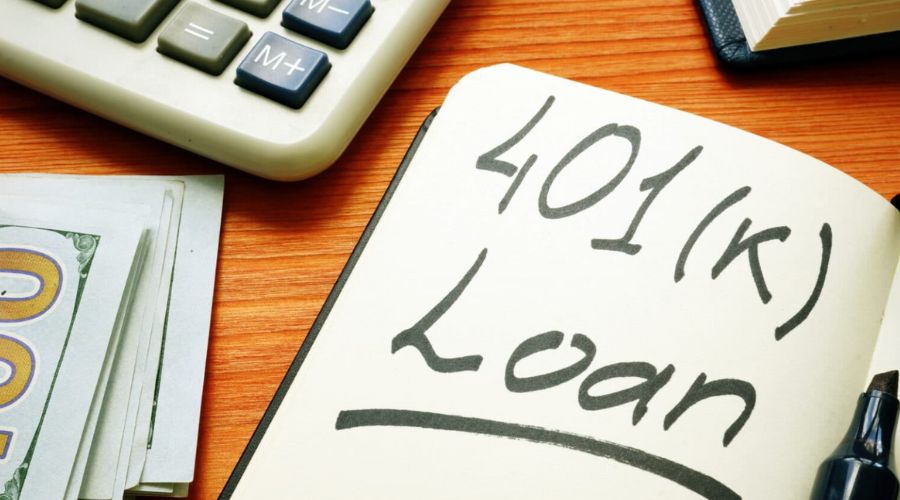The pros and cons of 401(k) loans.
A 401(k) loan can be a useful financial tool. As the name suggests, it allows you to borrow money from your 401(k) and use that money on other expenses. There are a few factors where it may make financial sense as an alternative to a regular loan. However, just like anything, there are also some drawbacks to using a 401(k) loan.
What is a 401(k) Loan?
A 401(k) loan is a specific kind of loan that allows you to borrow funds from your workplace retirement account. Typically, you can borrow up to 50% of your vested balance, or a maximum of $50,000, whichever is less. Depending upon your plan rules, the loan must be repaid within five years. You’ll also pay interest on the loan, which is deposited back into your 401(k) account, with your loan repayments.
Here are a few of the pros and cons:
Pros of a 401(k) Loan
- Cost. A 401(k) loan may have a lower interest rate than many other types of loans (the charge is typically the prime rate plus 1 or 2 percentage points). Also, when you pay interest it goes back into your 401(k) account.
- No Credit Impact. Because 401(k) loans don’t involve a separate lender, they don’t require a credit pull. A hard pull, such as one needed for a loan, can lower your credit score.
- No Withdrawal Taxes or Fees. Using a 401(k) loan allows you to avoid penalties and fees that come with early withdrawals.
- Easy Repayment Options. You can set up your loan payments to be automatically withdrawn from your paychecks.
Cons of a 401(k) Loan
- Reduces Retirement Savings. When you take out a 401(k) loan, you’re taking money out of your retirement savings, which means you are losing the benefits of compounding and investment gains.
- Risk of Quick Repayment. If you become separated from your job, you could have to pay back the 401(k) loan extremely quickly.
- Tax Penalty. If you miss payments on your 401(k) loan and it goes into default, the unpaid amount is deemed a “taxable distribution.” That means you could owe taxes and a 10 percent “early withdrawal” penalty.
- No Protection. A 401(k) loan doesn’t have the same protections that you get with other kinds of debt. Consumer loans, particularly unsecured loans, are discharged in bankruptcy, offering a legal way to eliminate debt. Since you are borrowing from your retirement funds, 401(k) loans are not discharged in bankruptcy, which means they could be subject to additional tax and penalties.
Do One Thing: Consider a 401(k) loan carefully, as part of all your loan options, being sure to weigh the pros and cons.

